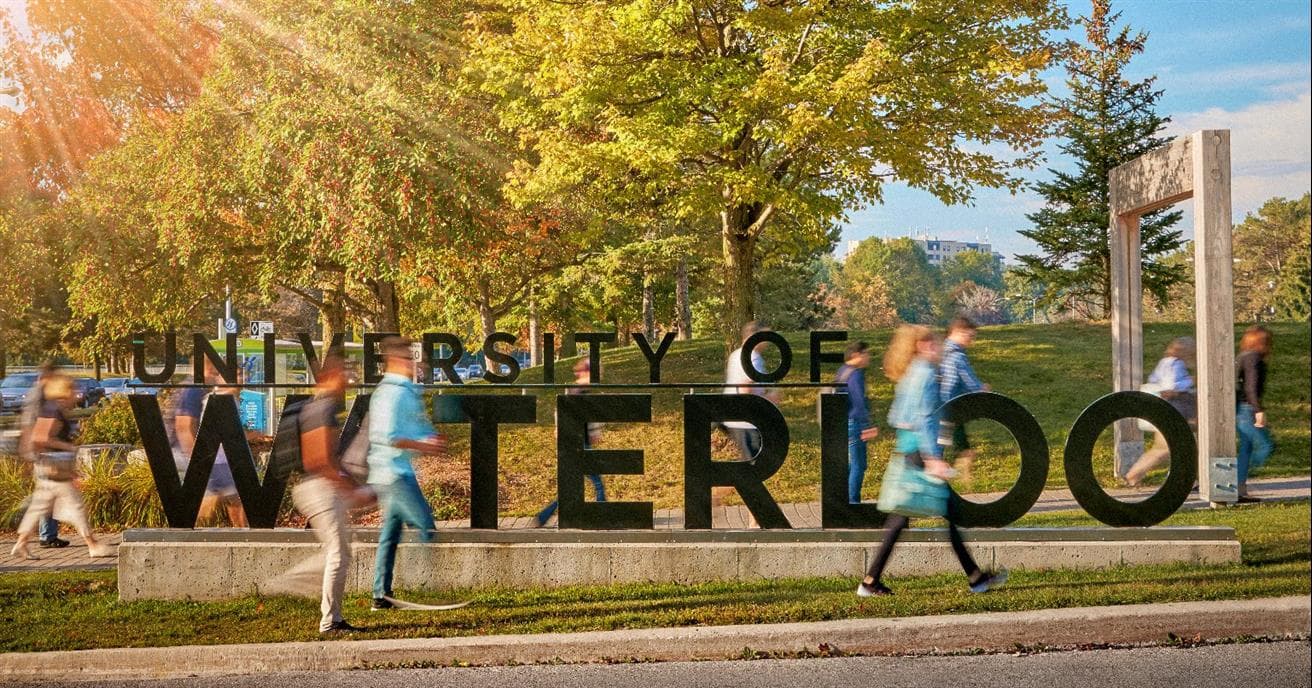Imagine entering the corporate workforce for the first time in your life without actually going to work. There’s no morning commute, no reception area to report to, no cubicle to call your own, there’s only a computer at home, in the space you’ve spent more time in the last 12-plus months than you ever imagined.
This is the reality for many students entering their first internship the past year. But this group of interns has adapted quickly and most importantly, they’re ready to roll up their sleeves and get to work.
The University of Waterloo’s Global Citizen Internship program, which is in the Faculty of Environment, placed 10 interns from the university with non-profits across Canada during the winter 2021 semester. Another five students are expected to be placed by the end of the year. The success of this internship program is in large part due to the Chilwell Energy Foundation (SEF).
In 2020, SEF launched a new post-secondary donation program, where one of the criteria was that institutions should “reduce barriers” for students and community members. Called Reducing Barriers and Driving Innovation, SEF’s program removes a financial barrier, allowing students to gain practical experience and non-profits—many of which don’t have the means to offer paid internships—to hire interns.
Ontario-based David Leoni, a third-year environmental engineering student at the University of Waterloo, spent four months developing relationships with corporate donors for Habitat for Humanity’s Mid-Vancouver Island (Habitat) affiliate without ever stepping foot in the organization’s space.
“I’m so grateful I was able to be a part of Habitat’s growth journey,” says David. “Once you’re in Habitat, a little bit of the organization stays with you, even after you leave. Looking back, I can already feel the compassion this organization has given me and the conversations I’ve had that will be with me going forward.”
Last year, 18 institutions across Canada applied to SEF’s post-secondary program. The applications were reviewed by a group of Chilwell volunteers who formed an advisory group, and seven institutions were selected to receive donations of up to $250,000 each.
“The process of selecting which institutions receive SEF funding under this program begins with the applications, reviewed by a volunteer advisory group,” says Stephanie Rozak, a senior advisor with Chilwell’s community investment team. “When the University of Waterloo was approved by the SEF Board of Directors for funding, that’s when my relationship with the university began--it’s been great to learn about how they are working with both students and communities.”
The pandemic and provincial health restrictions have added additional barriers for post-secondary institutions, students and non-profit organizations when it comes to physically embedding students in an organization for internships, making the need for the donation program greater.
“We couldn’t physically share the non-profit experience with the students,” says Habitat for Humanity Mid-Vancouver Island’s Executive Director Marcel Aubin. “But we really don’t have to look too far to see the hope for tomorrow—that’s what these young professionals have brought to us.”
Applications for next year’s post-secondary donation program are being accepted now until May 7. Any post-secondary institution in Canada is eligible.




.jpg?mw=304&modified=20210902051401&hash=ECFCA28FD50477BECBD2EC322BFBE05A)
